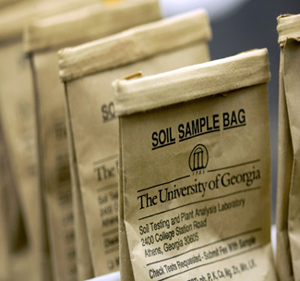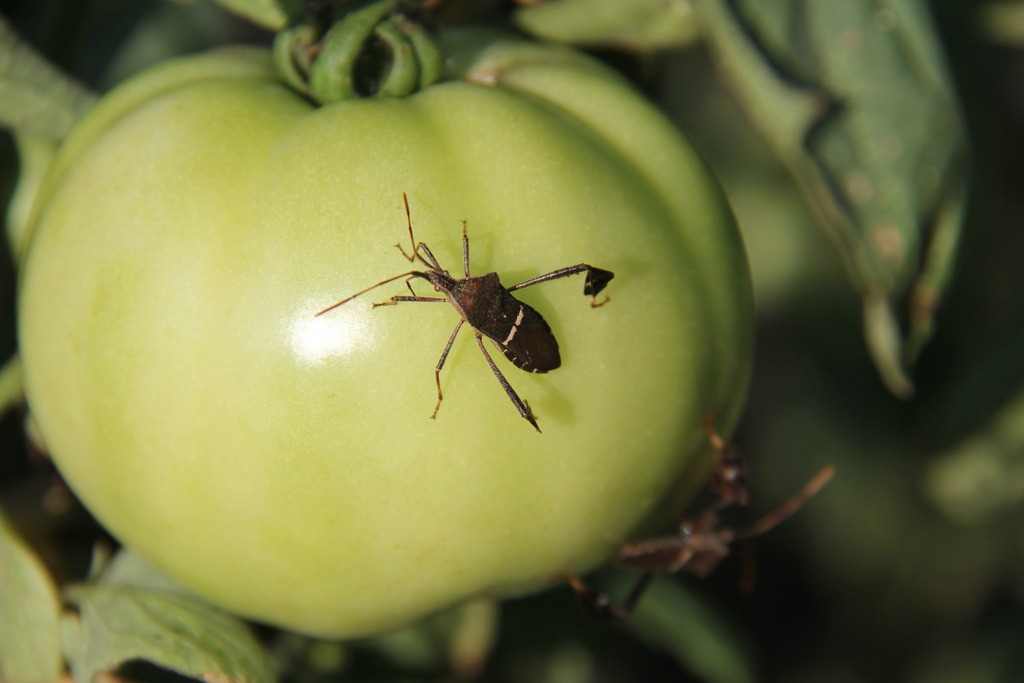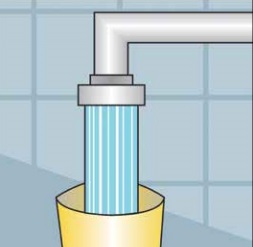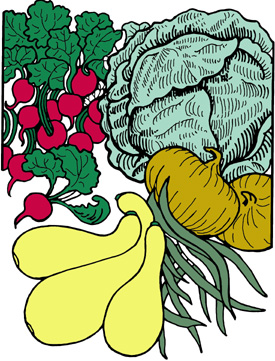Agriculture & Natural Resources
About Bacon County Ag
Bacon County’s major agricultural product is blueberries. Currently Bacon County has 7,500+ acres with a farm gate value over $225,463,398. We also have a blueberry research farm in conjunction with the University of Georgia Extension which is the premier research site in Georgia. In addition to blueberries, Bacon Co. produces cotton, peanuts, hay, corn and soybeans.
Bacon Co. Extension provides the following services:
- Purchase or renew GATE card
- Apply for or renew pesticide license
- Soil, water and plant tissue samples
- Farm and home site visits
- Technical advice for row crops, vegetables, lawns, ornamental plants and timber
- Enterprise budgets
Blueberry Update 2025
Bees on Blueberry Farms 2024
Flower Power - Importance of Flowers for Pollination 2024
Blueberry Breeding Update 2025
Blueberry Disease Update 2025
Blueberry Entomology Update 2025
Blueberry Horticulture Update 2025
Blueberry Irrigation Update 2025
Blueberry Post-Harvest Update 2025
UGA Blueberry Blog: This blog is an initiative of the UGA Blueberry Team in order to provide Georgia blueberry growers with the most updated information on all aspects of blueberry production.
Soil Testing
Soil tests will help you develop and maintain a more productive garden by providing information about the fertility status of your soil. If you have questions about your lawn, garden, trees, etc. we always suggest starting with a soil test.
Information from a soil test will help you select the proper liming and fertilization program to obtain the optimum growth of lawn, garden, ornamental and agronomic plants. With the growing prices of fertilizer and soil amendments, a soil test is a relatively cheap option that could potentially save you a lot of money.
Soil-Tests Available:
- Routine Soil Test.......................$7 per sample:
Includes pH, Lime Requirement, Phosphorus, Potassium, Calcium, Magnesium, Zinc, and Manganese. - Total Elemental Analysis..........$35 per sample (P,K,Ca,Fe,Mg,Mn,Mo,B,Cu,Ni,Na,S,Zn,Al,As,Cd,Cr,Pb) Periodic Table
- Potting Media Testing...............$45 per sample (pH, P,K,Ca,Mg, Nitrate (NO3-N), Ammonium (NH4-N) Soluble Salts)
Additional testing services are available, please contact the Bacon County Extension office for more information.
ATTENTION: Each soil test requires at least one pint of soil to be performed. The lab cannot process samples that are less than a pint. Be sure to pull the soil sample from several spots at random to get a good representative sample. Please follow the procedures for collecting soil samples below.
- Soil Sampling Procedures in Home Lawns, Gardens & Food Plots
- Soil Sampling Procedures in Farms and Pastures
Soil sample bags can be picked up at the Extension office. Pricing as shown above includes shipping, and is current for Bacon County as of 04/01/2025. FOR ALL TESTS WE ONLY ACCEPT CASH OR CHECK.
Please note: Samples are processed and sent out on Monday – Wednesday. It takes 7-10 business days from the time the lab receives the sample for results to be made available. During the holiday season there are times when the lab is closed resulting in longer than usual turnaround for results. Results are either emailed or mailed. We are open Monday through Friday, 8:00am to 5:00 and close 12:00-1:00 for lunch.
Soil Test Frequently Asked Questions
Other Diagnostic Services
Nematode Assays .......................................$15 + $5 Shipping (predictive samples sent to lab)
Forage Testing ...............................................contact Bacon Co. Extension for pricing
Plant Disease Diagnostics...........................contact Bacon Co. Extension for pricing
Water Testing
Public and municipal water supplies are routinely tested and must meet standards established by the Environmental Protection Agency (EPA). Therefore, these sources usually do not need to be tested unless inhouse contamination is suspected. However, only YOU are responsible for the safety of your well water.
All well water samples should be collected from the first draw of water out of the kitchen faucet or from the faucet used most often for drinking. A first draw water sample is collected (after a minimum of 6 hours, but not more than a 12-hour period) during which time there was no water usage from that faucet prior to sampling. Either early morning or evening upon returning from home are the best sampling times to ensure a good sample. Place a clean sample container below the faucet and gently open the cold water tap to fill sample bottles. At least a 1 pint (500 mL) is needed for most samples. Water Sampling Instructions
Sample containers may be obtained at the Bacon County Extension Office. Samples will be sent to a laboratory at UGA and results will be available in 7-10 business days.
- Basic Water Test...................................$25.00 per sample (includes postage):
pH and Water Hardness, Phosphorus, Potassium, Calcium, Aluminum, Chromium, Manganese, Copper, Cadmium, Iron, Zinc, Sodium, Nickel, Magnesium, Boron, Molybdenum, and Silica - Bacteria Test........................................$52.00 per sample (includes postage):
The most common microbiology test checks for the presence of E. coli and total coliform bacteria. This test requires a special test kit with sample instructions available at the Extension office. This test is recommended annually on home wells. Visit website for more information about disinfecting your well water through shock chlorination: Shock Chlorination Information - W33B Home Loan Water Testing.......The standard turn-around-time for W33B package is 5-7 business days after receipt, the fee is $85/sample+ $15.00 for overnight shipping. This test requires a specific kit that can be obtained at the Bacon County Extension Office. Information sheet on W33B water testing
- Expanded Water Test..........................$65.00 per sample (includes postage):
The Expanded Water Test is required for installation and design of home water treatment systems. This test includes the Basic Water Test (see above), Anions, Soluble Salts, and Alkalinity tests. - Other Water Tests are available upon request.
More Information
Georgia Pesticide Applicator Training and Licensing Information
Georgia Private Pesticide Applicators
The Georgia Private Pesticide Applicator License allows agricultural producers to purchase and apply restricted-use pesticides to their own property or the property of their employer for the purpose of producing an agricultural, horticultural, or forestry commodity. The safety training and exam required to apply for a Georgia Private Pesticide Applicator License may be completed online and consists of a 10-module course.
To register for and take the online Private Pesticide Applicator Training Course, please follow these steps:
1. Go to the Georgia Professional Certifications Storefront on the UGA Marketplace. Select the Private Applicators icon to purchase access to the training program.
2. Once you receive order confirmation for the course, go to Georgia Professional Certifications Courses, select the Private Applicator’s License Training Course, and log in with your registration information. Allow 4-5 hours to complete all 10 training modules and examinations.
3. After completing the training and examination with a passing grade, print out your certificate of completion.
4. Print out and complete required information for the Georgia Private Pesticide Applicator’s License Application form from the Georgia Department of Agriculture. [will need to imbed a link to the pdf here]
5. Bring the certificate, completed application form, and your driver’s license or other state-issued photo identification to your local UGA Extension Office for verification and forwarding to the Georgia Department of Agriculture.
6. Georgia Department of Agriculture will application materials and mail license, if approved, to address of record. Allow 3-4 weeks for application processing.
Georgia Commercial Pesticide Applicators
For information on training, testing, and applying for a Commercial Pesticide Applicator License, please visit UGA Pesticide Safety Education.
Pesticide Continuing Education and Recertification Training
A Private Pesticide Applicator License is valid for five years. Licensees must obtain three hours of GDA-approved pesticide safety education during the license term at least 90 days prior to license expiration in order to renew without needing to repeat the training and examination modules. Continuing education credits may be earned by attending certain grower’s meetings hosted by UGA Extension, by attending short courses, or by participating in pesticide safety and education webinars approved by the Georgia Department of Agriculture Pesticide Office. For the private pesticide applicator license renewal, only one hour of webinar education will be credited.
A Commercial Pesticide Applicator License is valid for five years. The number of Continuing Education credit hours required for recertification ranges from 6-10, depending on license category. Licensees must complete the required number of CE credits at least 90 days before the license expiration date. CE recertification credits may be earned by attending meetings, trainings, and webinars approved for credit by the Georgia Department of Agriculture Pesticide Office.
Pesticide Applicator Licensing:
- Georgia Private Pesticide Applicator Training
- Georgia Commercial Pesticide Applicator Testing
- Recertification Courses offering Pesticide License CEU's
- Check your license expiration and hours earned
Upcoming Ag Events
-
Mar 14 - Mar 15 Cloverleaf Project Achievement - Candler County - 4th - 6th Grades 4-H Project achievement
- Metter, GA - (63.0 Miles)
-
Mar 16 - Mar 17 Cloverleaf Project Achievement - Bulloch County - 4th - 6th Grades 4-H project achievement
- Statesboro, GA - (69.0 Miles)
-
Mar 28 - Mar 29 Cloverleaf Project Achievement - Bacon County - 4th - 6th Grades 4-H Project Achievement
- Alma, GA
-
Apr 18 - Apr 20 Southeast Junior Spring Conference for 6th-8th graders 4-H Event
- Jekyll Island, GA - (70.0 Miles)
-
Apr 20 - Apr 21 Georgia 4-H Area Poultry Judging Contest - Toombs 4-H event
- Lyons, GA - (43.0 Miles)
ANR Agent


The GATE webiste is your one-stop location to access Georgia Agricultural Tax Exemption or to apply for Agricultural Tax Exemption.

Below are some of UGA Extension's most broadly useful resources for those involved in agriculture on the farm, in schools, and around the home.
Production Agriculture
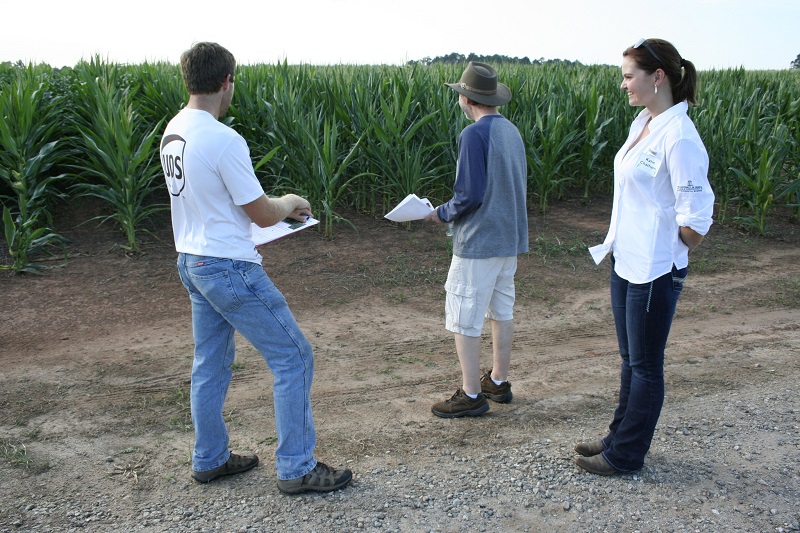
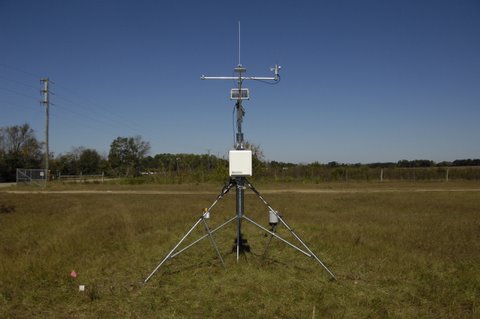
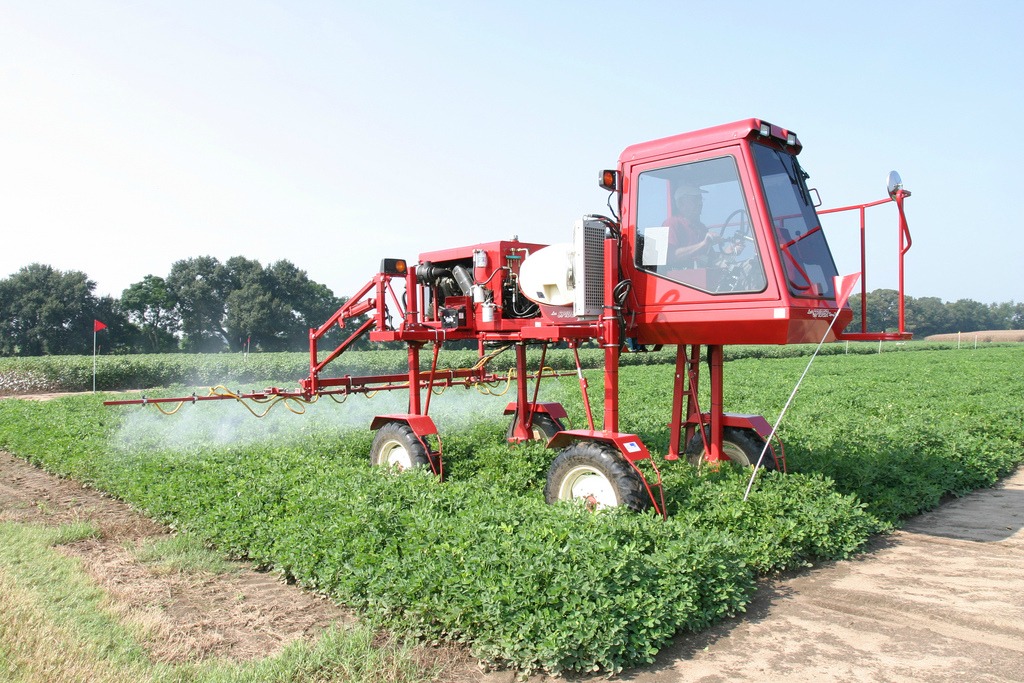
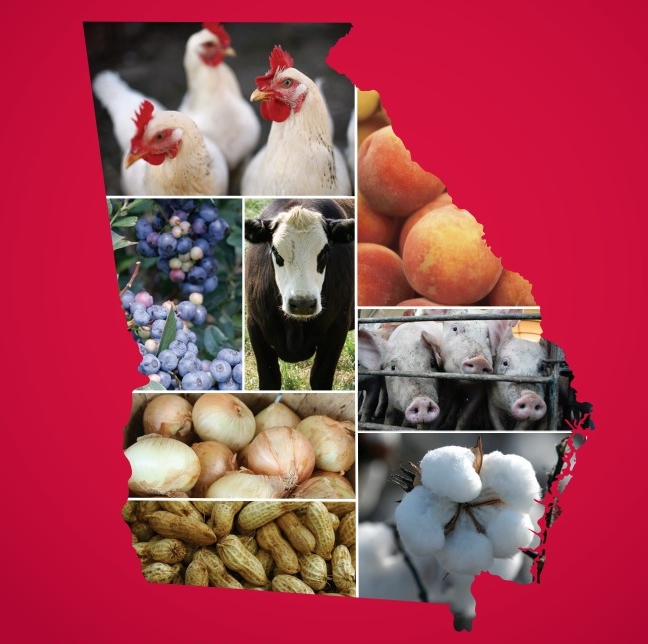
Home & Garden
